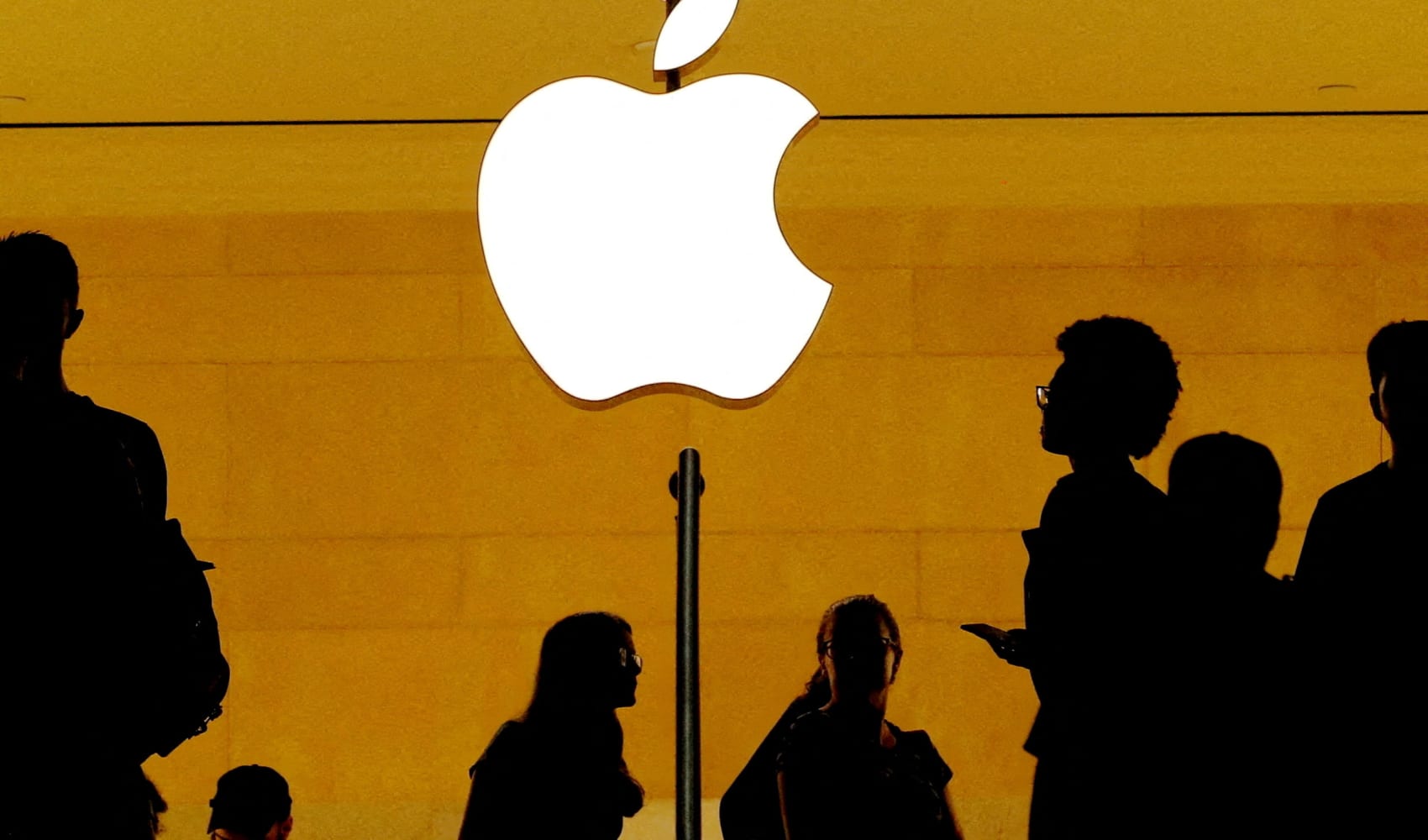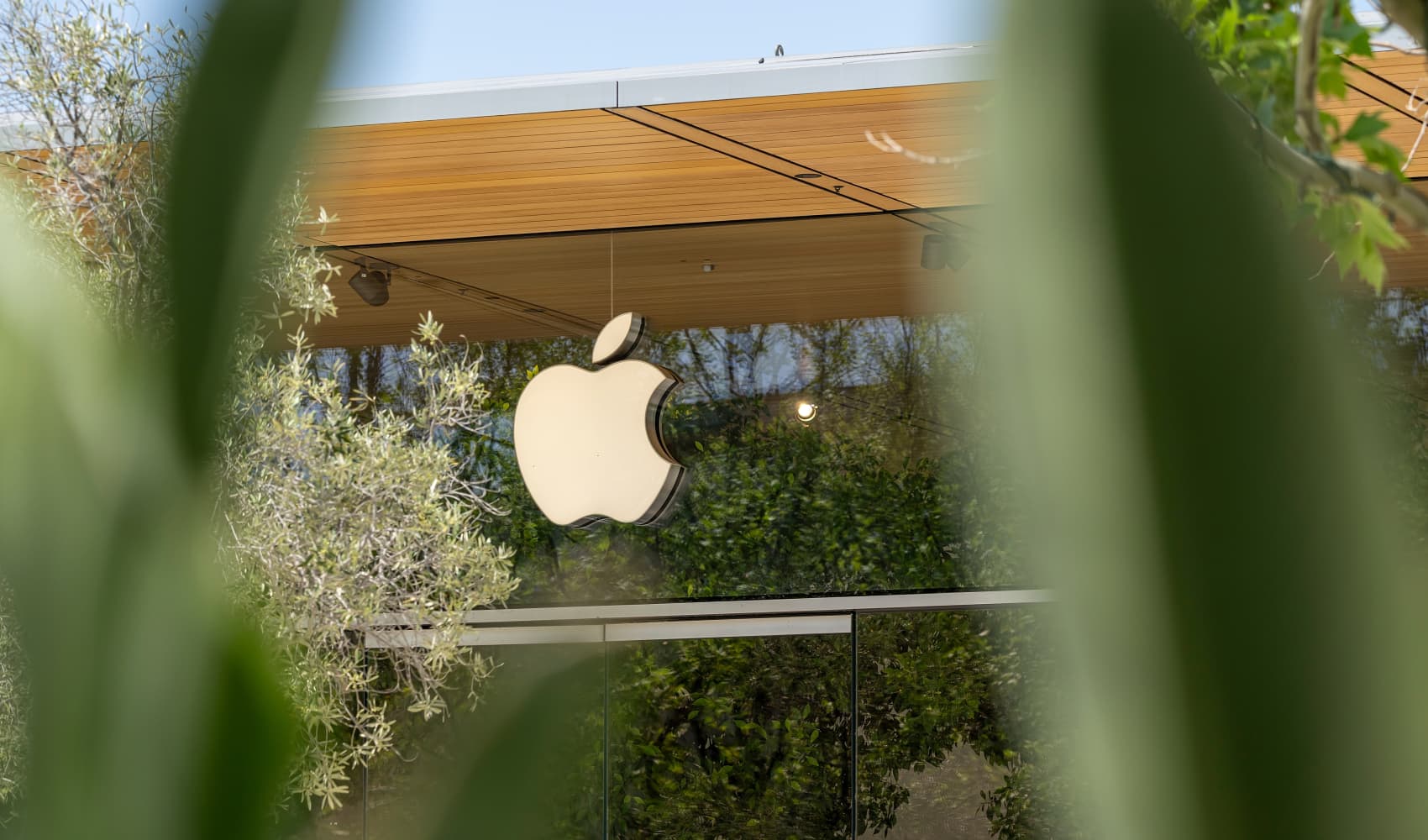Apple Lied Under Oath? Judge Slams Company, Faces Appeal
Apple Faces Legal Firestorm: Accusations of Perjury in Epic Games Trial
Introduction: The Plot Thickens in the Apple-Epic Saga
Remember the Apple versus Epic Games showdown? It was a battle royale for the ages, a clash of titans that captivated the tech world. But just when we thought the dust had settled, a new chapter unfolds, and it's a doozy. Apple is now facing serious accusations, with a federal judge alleging that the company and one of its executives lied under oath during the trial. This isn't just about app store fees anymore; it's about integrity, honesty, and the very foundation of our legal system. Let's dive deep into this developing story and unpack what it all means.
The Judge's Bombshell: Willful Violation and Alleged Perjury
Judge Yvonne Gonzalez Rogers, who presided over the original Epic Games case, has dropped a bombshell. She claims that Apple willfully violated a 2021 injunction stemming from that trial. But it gets worse. She specifically accuses Apple Vice President of Finance Alex Roman of “outright lying” about when Apple decided to impose a 27% fee on certain App Store purchases. Ouch! This isn't a minor oversight; it's a direct accusation of perjury.
Apple's Response: Defiance and an Impending Appeal
How is Apple responding to these serious allegations? With defiance. They've announced their intention to appeal the judge's findings, setting the stage for another legal showdown. This suggests that Apple firmly believes they've done nothing wrong and are prepared to fight tooth and nail to defend their position.
Alex Roman: The Man in the Hot Seat
The Allegations Against Him
Alex Roman is now at the center of this storm. The judge alleges that he lied about the timing of the App Store fee decision. This is a critical point because it goes to the heart of whether Apple was deliberately misleading the court. Was it a simple misremembering? Or a calculated attempt to deceive? That's what the courts will need to determine. It all comes down to proving intent. Is this a simple mistake or something more malicious?
The Potential Consequences
If the allegations are proven true, the consequences for Roman and Apple could be severe. For Roman, it could mean perjury charges, which carry significant penalties, including fines and even imprisonment. For Apple, it could result in hefty fines, further restrictions on their App Store practices, and a significant blow to their reputation.
The 2021 Injunction: What Was Apple Supposed to Do?
The Core of the Matter
To understand the current situation, we need to revisit the 2021 injunction. What exactly was Apple ordered to do? At its core, the injunction aimed to prevent Apple from restricting developers' ability to communicate with their customers about alternative payment methods outside of the App Store. Think of it like this: Imagine a store being forced to allow customers to know about other, cheaper places to buy the same thing.
Did Apple Comply?
Judge Rogers argues that Apple failed to fully comply with this injunction, specifically regarding how they allowed developers to inform users about alternative payment options. She believes Apple made it difficult for developers to offer these alternatives, effectively undermining the spirit of the injunction.
The 27% Fee: A Key Point of Contention
Why it Matters
The timing of the 27% fee decision is crucial because it could indicate whether Apple was trying to circumvent the injunction. If Apple decided to impose this fee *after* the injunction, it could be seen as a deliberate attempt to discourage developers from using alternative payment methods, thereby limiting competition and maintaining Apple's control over the App Store ecosystem.
A Possible Motive?
Could this fee be seen as a way to claw back revenue lost due to the injunction? That's the question many are asking. If so, it would paint a picture of Apple actively working against the court's decision, rather than complying with it in good faith.
The Judge's Referral: A Criminal Investigation Looms?
This is where things get really serious. Judge Rogers has referred the matter to U.S. attorneys to investigate whether to pursue criminal contempt proceedings against both Roman and Apple. This indicates that she believes the alleged perjury and violation of the injunction are serious enough to warrant a criminal investigation. This could lead to charges being filed against Apple and Roman, potentially resulting in criminal penalties.
What Does This Mean for Epic Games?
A Pyrrhic Victory?
While Epic Games might feel vindicated by the judge's findings, it's important to remember that they didn't win the initial lawsuit in a traditional sense. They failed to prove that Apple was a monopolist. However, these new developments could strengthen their future legal arguments against Apple's App Store policies.
The Broader Implications for Developers
This case has far-reaching implications for all app developers. If Apple is found to have deliberately violated the injunction and lied to the court, it could embolden other developers to challenge Apple's App Store practices. It might also lead to greater regulatory scrutiny of Apple's power over the app ecosystem.
The Court of Public Opinion: Apple's Reputation on the Line
Beyond the legal ramifications, this case also has significant implications for Apple's reputation. Allegations of perjury and willful violation of a court order can damage a company's image and erode public trust. In an era where consumers are increasingly demanding ethical behavior from corporations, this could have a tangible impact on Apple's brand value.
The Appeal: What Happens Next?
A Legal Rollercoaster
Apple's decision to appeal sets the stage for another round of legal battles. The appeals process can be lengthy and complex, potentially dragging on for months or even years. We can expect both sides to present their arguments vigorously, and the outcome is far from certain.
Possible Outcomes
The appellate court could uphold the judge's findings, reverse them, or order a new trial. If the findings are upheld, Apple could face significant penalties and further restrictions on its App Store practices. If the findings are reversed, Apple would be vindicated, and the legal saga would likely come to an end. But we can be sure that no matter what happens, the tech world will be watching.
The Future of the App Store: A Shifting Landscape
Whether Apple wins or loses this appeal, the case has already had a significant impact on the App Store landscape. It has brought increased scrutiny to Apple's practices and fueled the debate about the power of tech giants. As regulators around the world grapple with these issues, we can expect to see further changes in how app stores operate in the years to come. The digital landscape is constantly evolving, and this case is just one piece of the puzzle.
The Bigger Picture: Tech Giants and Antitrust Concerns
Beyond Apple
This case is not just about Apple and Epic Games; it's part of a broader conversation about the power and influence of tech giants. Companies like Apple, Google, Amazon, and Facebook are facing increasing antitrust scrutiny from regulators around the world. The goal is to ensure fair competition and protect consumers from anti-competitive practices.
The Need for Regulation
Many argue that existing antitrust laws are not adequate to address the challenges posed by these powerful tech companies. They advocate for new regulations that would prevent tech giants from using their dominance to stifle competition and harm consumers. This is a complex issue with no easy solutions, but it's clear that the debate will continue for the foreseeable future.
Conclusion: A Story Far From Over
The Apple-Epic Games saga continues to deliver twists and turns. With accusations of perjury, a looming criminal investigation, and an impending appeal, this story is far from over. The implications for Apple, Epic Games, app developers, and the broader tech industry are significant. This case serves as a reminder that even the most powerful companies are not above the law, and that accountability is essential in a fair and competitive marketplace.
Frequently Asked Questions (FAQs)
-
What exactly is Apple accused of doing in the Epic Games trial?
Apple and its Vice President of Finance, Alex Roman, are accused of lying under oath and willfully violating a 2021 injunction related to the Epic Games case. Specifically, Roman allegedly misrepresented when Apple decided to levy a 27% fee on some App Store purchases.
-
What is an injunction, and how did Apple allegedly violate it?
An injunction is a court order that requires a party to do or refrain from doing something. In this case, the 2021 injunction aimed to prevent Apple from restricting developers' ability to inform users about alternative payment methods outside of the App Store. Apple is accused of not fully complying and attempting to circumvent the spirit of the injunction.
-
What are the potential consequences if Apple is found guilty of perjury or criminal contempt?
If found guilty, Alex Roman could face perjury charges, leading to fines and imprisonment. Apple could face substantial fines, further restrictions on its App Store practices, and significant damage to its reputation.
-
How does this case affect other app developers?
This case could embolden other app developers to challenge Apple's App Store policies. It might also lead to increased regulatory scrutiny of Apple's control over the app ecosystem and encourage more fair and competitive practices.
-
What happens now that Apple has announced its intention to appeal?
The case will proceed to the appeals court, which will review the judge's findings. The appeals process can be lengthy and complex, with the court having the option to uphold, reverse, or order a new trial based on the information presented.



